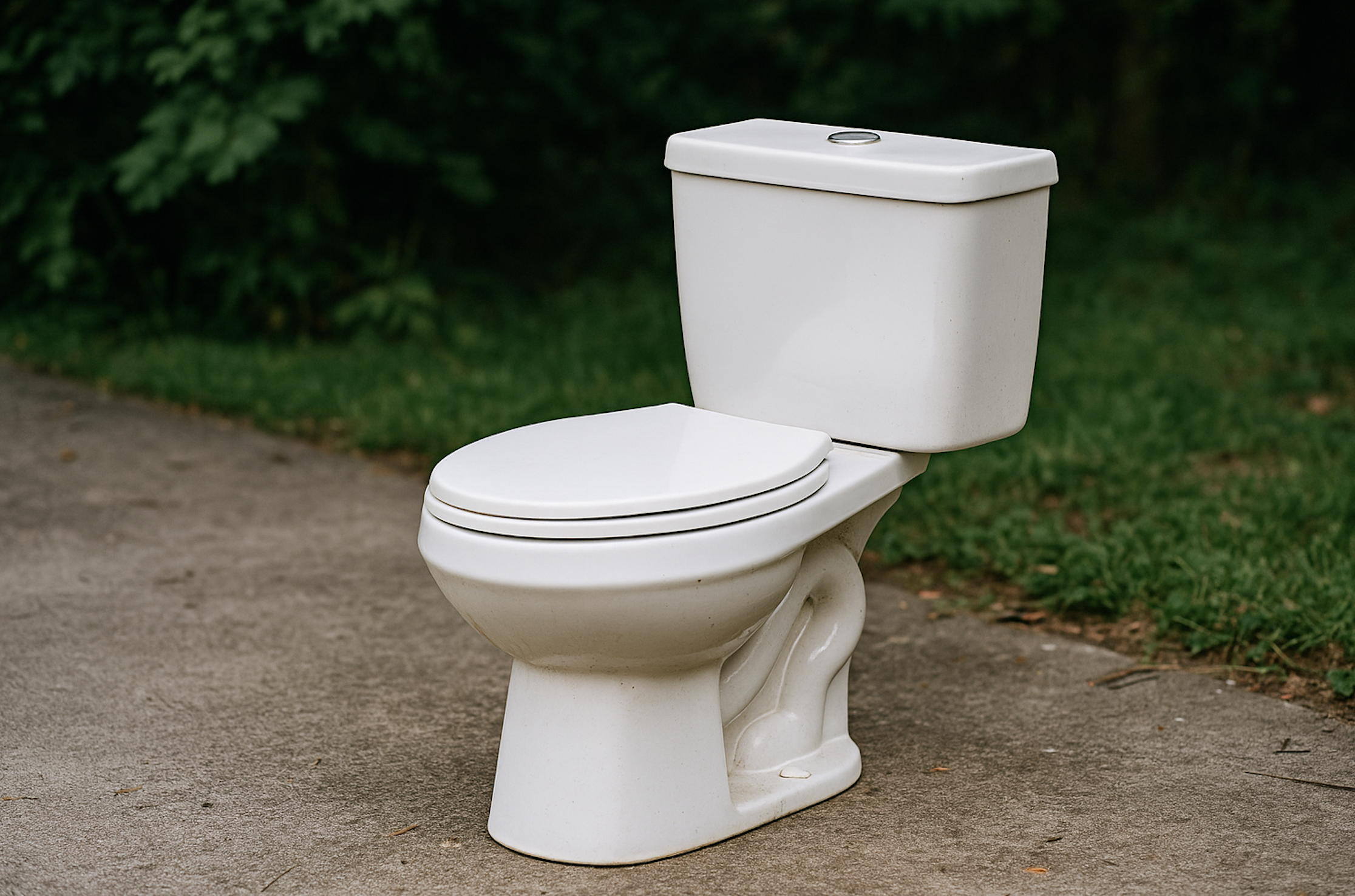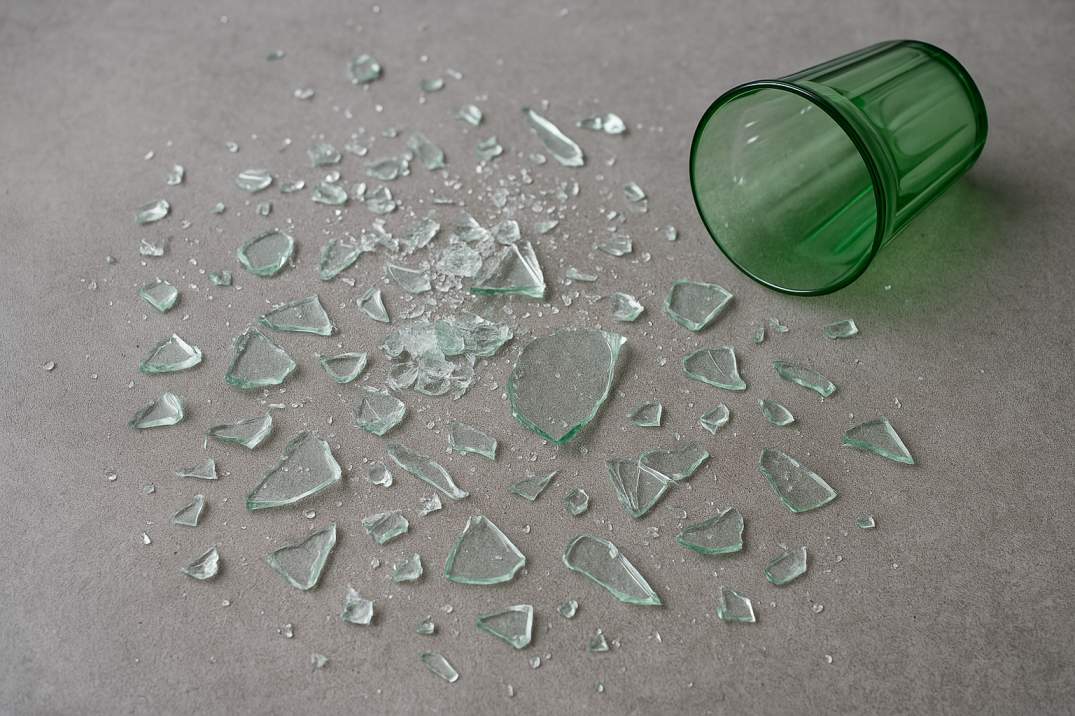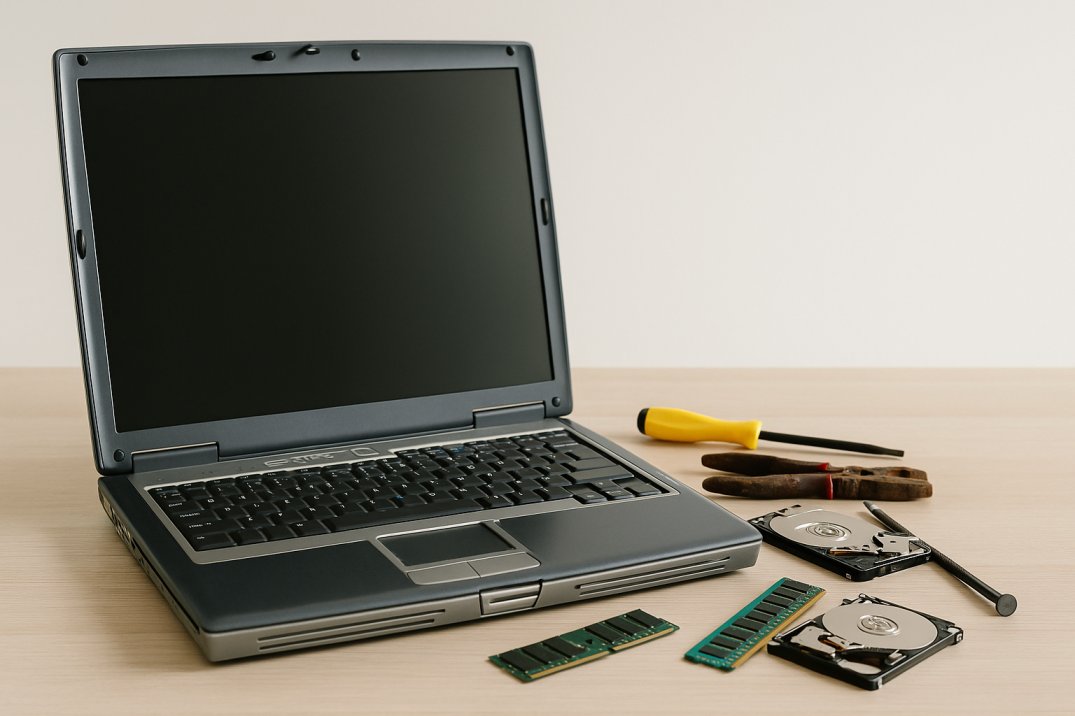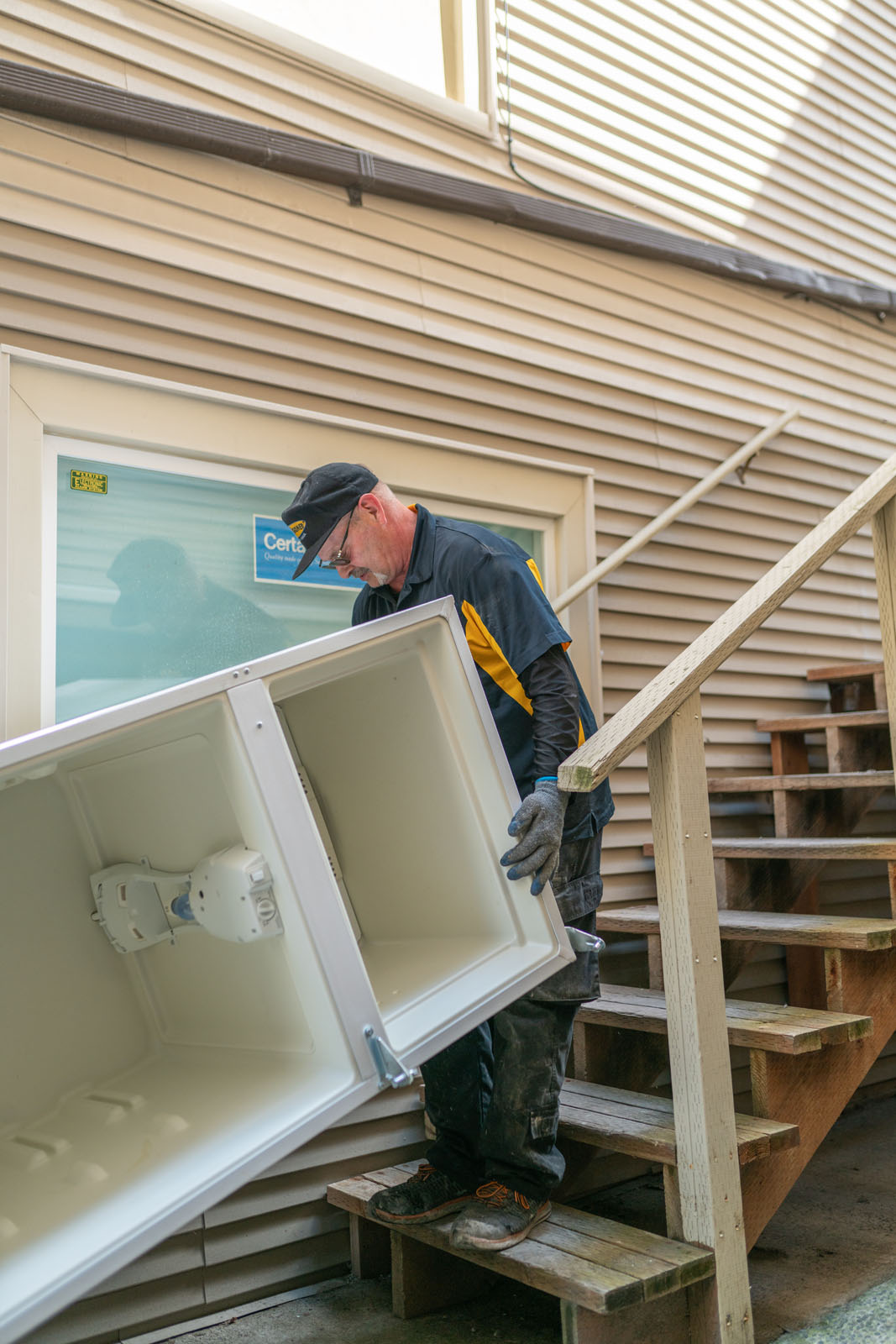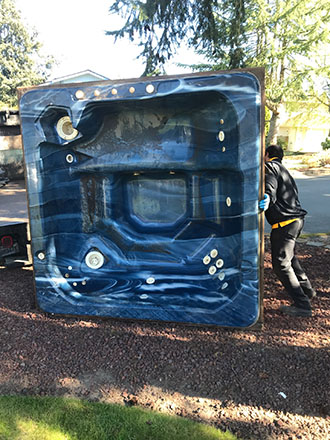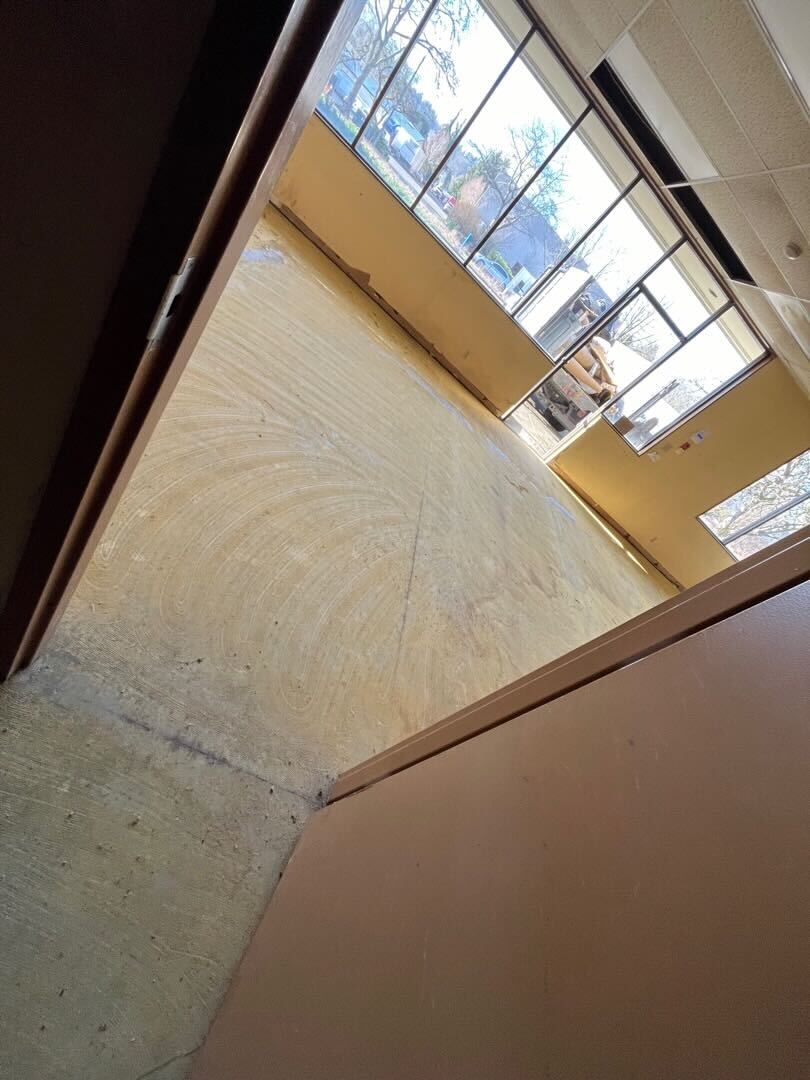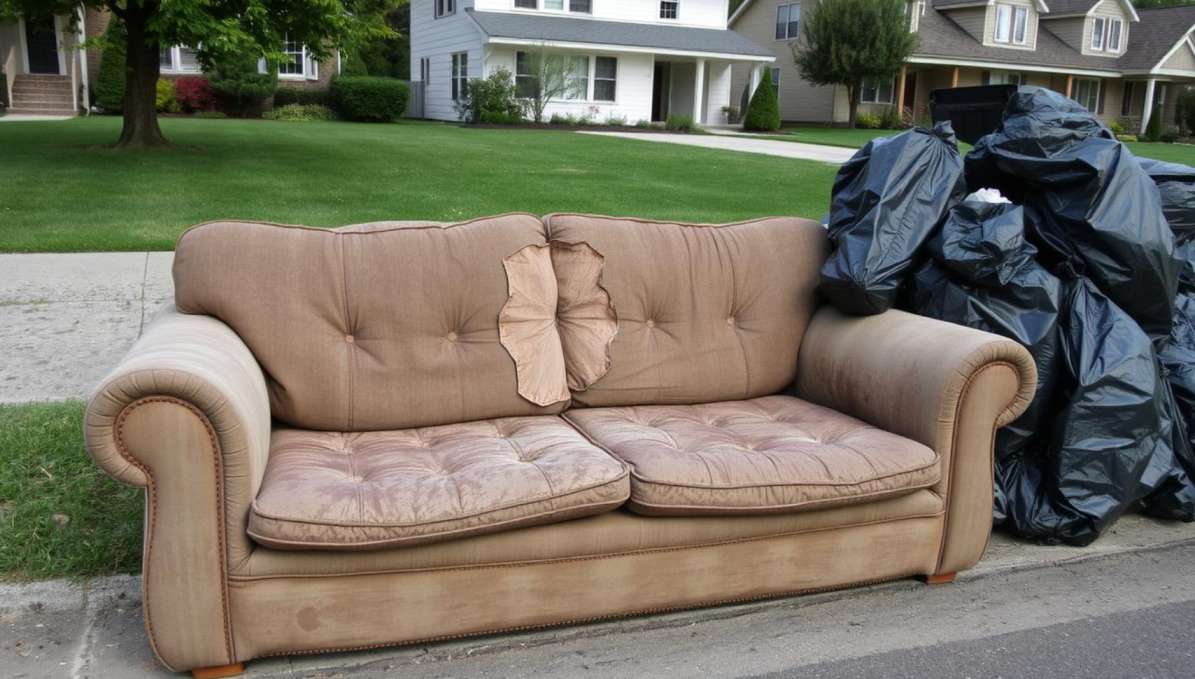Disposing of old computers might seem as simple as tossing them out, but it’s much more important and complex than that. Proper disposal isn’t just about clearing out clutter; it’s about protecting our environment and personal information. Computers contain a variety of hazardous materials, such as lead, mercury, and cadmium, which can be incredibly harmful if they end up in landfills. These toxins can leach into the soil and water, causing long-term environmental damage.
Old computers are treasure troves of personal data. Simply deleting files isn’t enough; your personal information can still be recovered unless you take specific steps to securely erase or destroy your hard drive. This ensures that sensitive data such as bank details, passwords, and personal documents don’t fall into the wrong hands, protecting you from potential identity theft and fraud.
Metals, plastics, and even some internal parts can be repurposed, reducing the need for new raw materials and lowering the environmental footprint. Recycling helps conserve resources and supports a circular economy, where materials are continually reused rather than discarded.
Why Proper Disposal of Old Computers is Crucial?
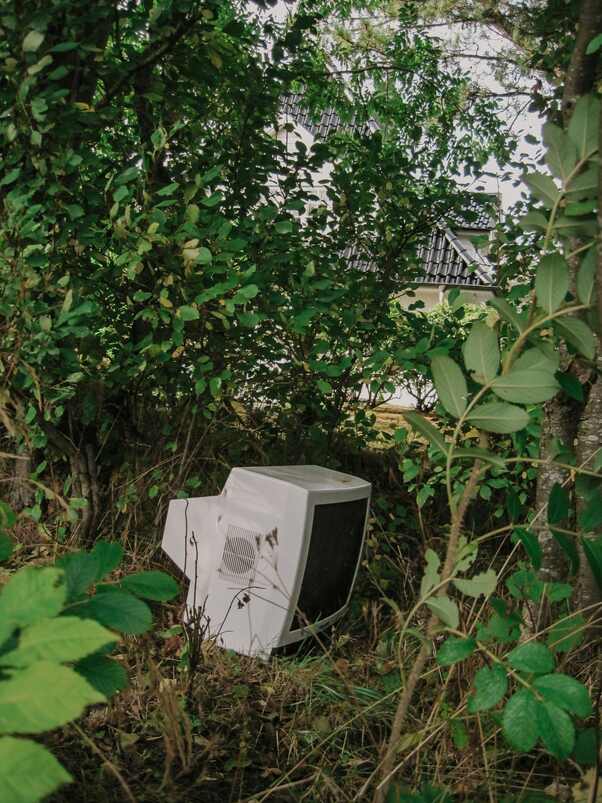
Environmental Impact
Throwing your old computer in the trash can have severe environmental consequences. Computers are packed with harmful materials like lead, mercury, cadmium, and other heavy metals that can leach into the soil and contaminate groundwater when disposed of improperly. These toxins can harm wildlife, plant life, and even human health. By properly recycling your old computer, you help prevent these pollutants from entering the environment.
Data Security
Your old computer likely holds a treasure trove of personal data, from sensitive documents to saved passwords and personal photos. Simply deleting files doesn’t cut it—the data can still be recovered. Proper disposal involves securely wiping your hard drive or physically destroying it to ensure your personal information doesn’t end up in the wrong hands. This step is crucial to protect yourself from identity theft and fraud.
Resource Conservation
Many components of your old computer can be recycled and reused. Metals like gold, silver, and copper, as well as plastics and glass, can be extracted and repurposed. Recycling these materials reduces the need for new raw materials, conserves energy, and decreases greenhouse gas emissions associated with manufacturing new products. It’s an effective way to support sustainability and the circular economy.
Legal Compliance
In many regions, improper disposal of electronic waste is not only harmful but also illegal. There are specific regulations and laws in place that mandate the proper handling and recycling of e-waste. Failing to comply with these regulations can result in fines and penalties. By disposing of your old computers through certified e-waste recycling programs, you ensure that you’re adhering to local laws and contributing to environmental protection.
Economic Benefits
Proper disposal and recycling of old computers can also have economic advantages. Recycling creates jobs in the recycling and refurbishing industries. Additionally, donating functional computers can provide valuable resources to schools, non-profits, and low-income families, helping bridge the digital divide and support community development.
By understanding and embracing the importance of proper computer disposal, you can make informed decisions that protect both your personal information and the environment. Let’s take a closer look at how to prepare your computer for disposal and the best methods for getting rid of it responsibly.
How to Prepare Your Computer for Disposal?
Getting your computer ready for disposal involves more than just unplugging it and saying goodbye. Follow these steps to ensure your data is secure and your computer is ready for its next life:
1. Backing Up Important Data
Before you do anything else, back up your important files. Transfer all your photos, documents, and any other critical data to an external hard drive or cloud storage. This ensures you don’t lose any valuable information when you wipe your computer.
2. Secure Data Deletion
Next, you need to make sure all your personal data is thoroughly deleted. Simply moving files to the trash and emptying it isn’t enough. Use specialized software to securely wipe your hard drive. These programs overwrite your data multiple times, making it nearly impossible to recover. Some popular options include DBAN (Darik’s Boot and Nuke) and Eraser.
3. Remove or Destroy the Hard Drive
For an added layer of security, consider removing your hard drive entirely. If you’re planning to recycle the computer, you can either keep the hard drive or physically destroy it. Smashing it with a hammer or drilling holes through it are effective ways to ensure your data cannot be retrieved. Remember to wear safety goggles and gloves if you opt for physical destruction.
4. Uninstall Programs and Deauthorize Software
Before handing over your computer, uninstall all programs and deauthorize any software licenses. This is especially important for software that has a limited number of installations. For example, iTunes, Adobe Creative Cloud, and other subscription services often require you to deauthorize the device before uninstalling.
5. Clean the Exterior
Give your computer a good cleaning. Wipe down the exterior and keyboard to remove dust and grime. This not only makes the computer more presentable if you’re donating or selling it but also helps prevent any potential issues for the next user.
6. Check for Accessories
Gather any accessories that came with your computer, like the charger, mouse, or keyboard. Including these can be a huge help to the next owner or recycling facility. Make sure everything is in good working order.
By following these steps, you ensure that your computer is ready for its next chapter, whether it’s being recycled, donated, or sold. You protect your personal data and contribute to a more sustainable environment.
Best Options for Disposing of Old Computers
When it’s time to part ways with your old computer, there are several eco-friendly and secure methods to ensure it’s disposed of properly. Here are the top options:
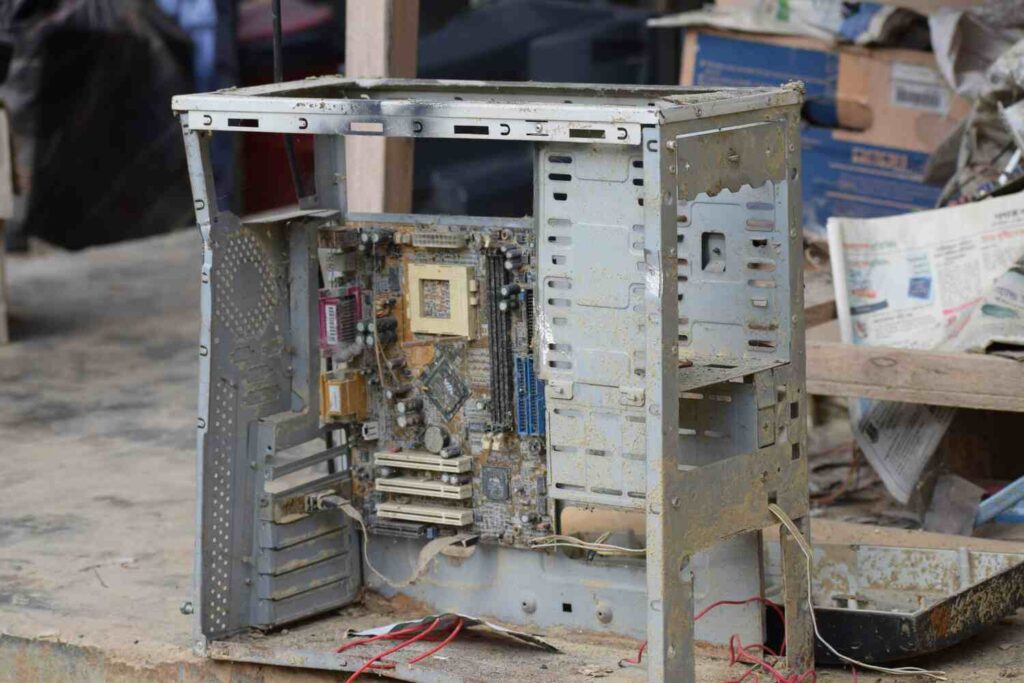
1. Recycling
- Computer Recycling Centers: Many local recycling centers accept computers and other electronics. These facilities are equipped to handle e-waste and can safely recycle the components, reducing environmental harm. Check websites like Earth911 or your local municipality’s website to find a nearby center.
- Retailer Recycling Programs: Major retailers like Best Buy and Staples offer recycling programs for old electronics. You can often drop off your old computer at these stores, and they’ll handle the recycling for you.
2. Donating
- Charities and Non-Profits: Organizations like Goodwill, Salvation Army, and local shelters often accept old computers that are still in working condition. This helps provide valuable resources to those in need and supports community programs.
- Schools and Community Centers: Many schools and community centers appreciate donations of working computers, which can be used for educational purposes or by people who might not otherwise have access to technology.
3. Selling or Trading In
- Online Marketplaces: Platforms like eBay, Craigslist, and Facebook Marketplace are great for selling old computers. Make sure to include detailed descriptions and photos to attract buyers.
- Manufacturer Trade-In Programs: Companies like Apple, Dell, and HP offer trade-in programs where you can send in your old device in exchange for credit towards a new purchase. This is a convenient way to upgrade while ensuring your old computer is properly recycled.
4. Professional Disposal Services
- E-Waste Disposal Services: Companies specializing in e-waste disposal can take your old computer and ensure it’s disposed of according to environmental regulations. These services often include pick-up, making it a hassle-free option.
- Cost and Convenience: While these services may come with a fee, they offer the convenience of professional handling and secure disposal, especially if you have multiple devices to dispose of.
5. Innovative Ways to Repurpose Old Computers
- Home Servers and Media Centers: Old computers can be repurposed as home servers or media centers. This gives your old hardware a new life and can be a fun DIY project.
- DIY Projects: There are countless DIY projects you can undertake using old computer parts, from creating digital photo frames to building custom PCs for specific tasks.
By exploring these options, you can find the best method to dispose of your old computer responsibly and efficiently. Each option offers unique benefits, whether it’s supporting your community, protecting the environment, or even earning a bit of extra cash. Ready to move on? Let’s address some common questions people have about disposing of old computers.
Hire Professional Old Computer Disposal Services
When it comes to disposing of old computers, sometimes the best option is to call in the pros. Professional disposal services offer a convenient and eco-friendly solution, especially if you have multiple devices or prefer not to handle the disposal yourself. Here’s why and how you might consider hiring these services:
Why Hire a Professional Disposal Service?
- Convenience: Professional services take care of everything from pick-up to proper disposal, saving you time and effort. They handle the heavy lifting and ensure that your old computers are disposed of responsibly.
- Security: These services often include data destruction as part of their package, ensuring that all sensitive information on your devices is securely erased or the hard drive is physically destroyed.
- Compliance: Professional disposal services are knowledgeable about local and federal regulations regarding e-waste. They ensure your old computers are disposed of in accordance with these laws, protecting you from potential fines and ensuring environmental compliance.
What to Look For in a Disposal Service?
- Certified E-Waste Recyclers: Choose a service that is certified in e-waste recycling. Certifications like R2 (Responsible Recycling) or e-Stewards indicate that the company adheres to high standards for responsible e-waste disposal.
- Data Destruction Services: Ensure the company offers secure data destruction. This can include wiping data using specialized software or physically shredding the hard drive.
- Recycling Commitment: Look for services that prioritize recycling and have partnerships with reputable recycling centers. This ensures that your computer’s components are repurposed rather than ending up in a landfill.
By opting for a professional disposal service, you not only simplify the process but also ensure that your old computer is handled in a way that protects your data and the environment. It’s a hassle-free option that offers peace of mind and contributes to a sustainable future.
Common Questions People Also Ask About Old Computer Disposal
How do I get rid of old computers safely?
Getting rid of old computers safely involves a few key steps to ensure your data is protected and the environment is not harmed. Start by backing up any important files to an external hard drive or cloud storage. Then, use specialized software to securely wipe the hard drive, or physically destroy it for added security. Next, consider recycling or donating your computer through reputable programs that handle e-waste responsibly. These steps help safeguard your personal information and contribute to environmental sustainability.
Can old computers be recycled?
Absolutely! Old computers are full of valuable materials like metals, plastics, and glass that can be reclaimed and reused. Many local recycling centers and e-waste programs accept old computers and ensure they are dismantled and processed correctly. Retailers like Best Buy and Staples often have recycling programs where you can drop off your old electronics. By recycling your computer, you help reduce the demand for raw materials and minimize the environmental impact of electronic waste.
Where can I donate my old computer?
Donating your old computer is a great way to give it a second life and help others. Many charitable organizations, schools, and community centers accept working computers. Goodwill, Salvation Army, and local shelters often need functional computers to support their programs and services. Additionally, organizations like Computers with Causes and World Computer Exchange specialize in refurbishing old computers and distributing them to those in need. Make sure to erase all personal data before donating to protect your privacy.
Is it possible to dispose of computers for free?
Yes, it is possible to dispose of computers for free. Many communities offer free e-waste recycling events where you can drop off old electronics. Some retailers provide free recycling services when you buy a new device, or they may have ongoing programs that accept old electronics at no cost. Additionally, donation centers and charitable organizations may accept your old computer for free, as long as it is in working condition. Always check local resources and programs to find the best free disposal option near you.
Properly disposing of old computers is crucial for both personal security and environmental health. By ensuring your data is securely erased and choosing eco-friendly disposal methods, you protect your information from falling into the wrong hands and contribute to reducing electronic waste. Whether you opt to recycle, donate, or hire a professional service, each step you take supports a cleaner, more sustainable world.
Recycling old computers helps reclaim valuable materials and prevents hazardous substances from polluting the environment. Donating functional computers extends their life and benefits communities in need. Professional disposal services offer convenience and security, making the process seamless. As technology evolves, so does our responsibility to dispose of our old devices responsibly.



